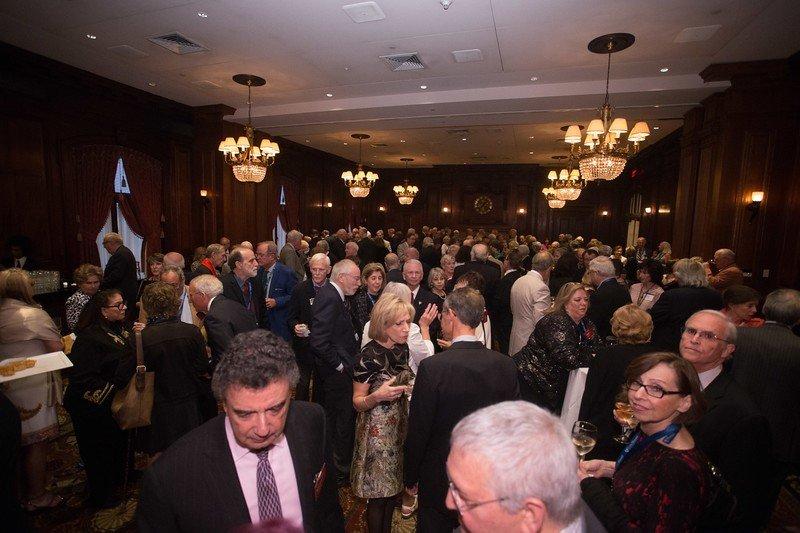Reunions are tests of time. Our everyday lives can and do interfere with our connections to family, friends and institutions. But time also offers a mosaic of what’s important, what’s not, who matters, who doesn’t.
Anyone who reads this column knows about my love for my alma mater, the University of Pennsylvania, the school founded by Ben Franklin, one of our nation’s most accomplished founders.
As my wife and I attended my 55th Reunion, which drew a far smaller crowd than our glorious 50th, I noted slower gaits (including mine), lower energy level, harder hearing—and unquenchable thirst to reconnect to a school that changed their lives and outlooks.
Conversation was easy and notably absent of political disagreement. As we straddle our mid 70s, pretense has vanished. Careers have ceased. Love of learning has flourished.
Three events stood out. Common themes were fun, fellowship and education. Sometimes they coalesced. Life’s rhythms, while running on slower notes, still propel my classmates. They are not sitting in the bleachers watching life go by; they are active participants, as they should be.
We listened intently as members of the Class of 1970 talked candidly about a school caught in the tumult of the late 1960s, fueled by the unpopular Vietnam war. They talked of sit-ins, protests, of a progression of actions that challenged authority and tradition. Students at the school from 1966 to 1970 viewed tradition as disposable.
From my vantage point, these fellow alumni seemed self-absorbed and self-important. They pursued necessary changes. But my journey happened in a different era, though separated by three years. We were not rebellious. They were resolute—and often successful—in seeking to upend the status quo.
Our Class of 1967 organized an hour-long session with a superb Ben Franklin-reenactor. He portrayed a confident, funny, inquisitive, intelligent and street-smart founding father. A man who had only a second-grade education, he had a razor-sharp mind, a student of his fellow founders and the political climate.
Unlike the puritanical John Adams, later our second president, he understood the nuances of diplomacy and the primary goal of gaining France’s support of our new country. If he had to wear a bear-skin cap to portray the French perception of American, so be it. If he had to stay up late and enjoy the Parisian social life, so he did, to the advantage of his home country.
He said he focused on the goal, not an arbitrary process envisioned by Adams. However, he did appreciate Adams’ contribution to our country.
Lastly, a party at the gorgeous Masonic Temple across from City Hall in Philadelphia was festive, marked not only by remembrances but also by constant talk of family, particularly grandchildren, and health matters. The vibrant members of the mid-to-late 70s tribe were enjoying their senior years, viewing fondly their experiences as undergrads before leaving the confines of academia for careers as adults.
For many life has been fulfilling. For some, not so much. Acceptance of who we are now seemed a standard attitude. It is a necessary one. Being the bearer of a cane as is true of this writer is a device to continue living and learning.
Columnist Howard Freedlander retired in 2011 as Deputy State Treasurer of the State of Maryland. Previously, he was the executive officer of the Maryland National Guard. He also served as community editor for Chesapeake Publishing, lastly at the Queen Anne’s Record-Observer. In retirement, Howard serves on the boards of several non-profits on the Eastern Shore, Annapolis and Philadelphia.



Write a Letter to the Editor on this Article
We encourage readers to offer their point of view on this article by submitting the following form. Editing is sometimes necessary and is done at the discretion of the editorial staff.